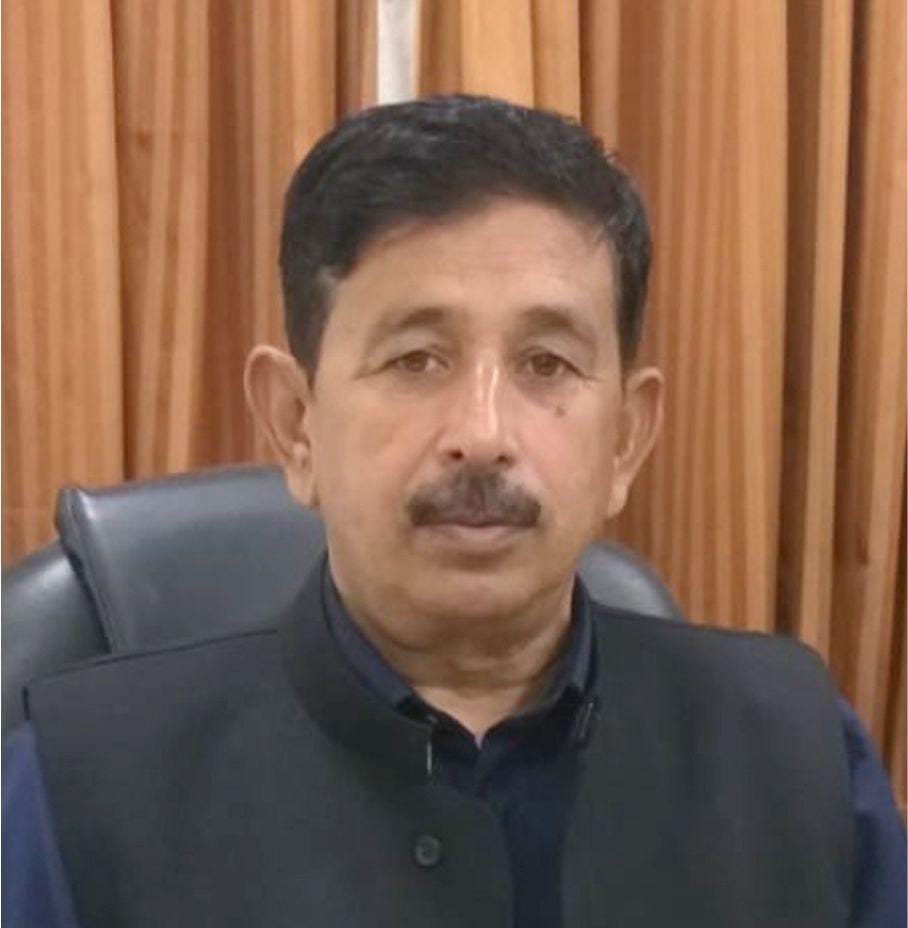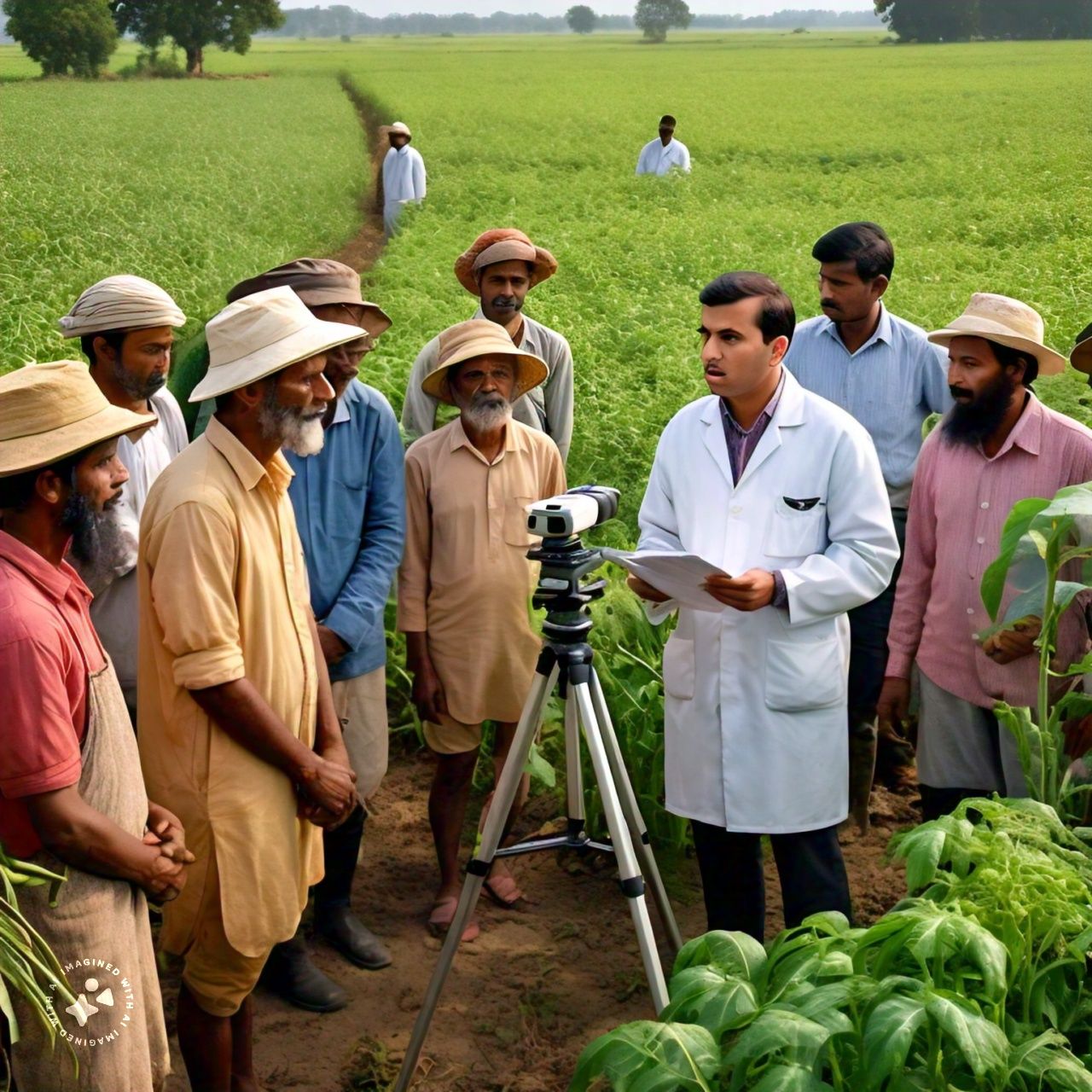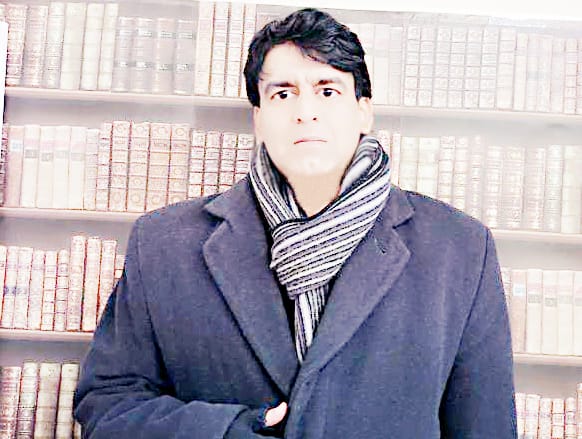AIOU International Conference on Quality Teacher Education: A Journey Toward Teaching Excellence
By: Aziz-ur-Rehman
The morning of May 26 began with a heavy heart, the sorrow of my cousin’s passing weighed down my spirit like a stone. My mind was clouded by grief and my body overwhelmed with fatigue. Amidst this emotional turmoil, I was assigned to cover the media coverage of the university’s international teaching conference an initial burden that felt too heavy to carry. Yet, a spark of duty and a deep sense of institutional attachment ignited within me, allowing grief and responsibility to walk hand in hand.
Stepping into the university auditorium, I felt an unexpected calm. The solemn atmosphere, the light of knowledge, and the sincerity of purpose filled the space. Each face appeared radiant, each gaze determined, and every attendee seemed connected by a noble educational mission. This wasn’t a mere formal gathering; it was an intellectual movement—one aimed at reshaping the future of teaching, empowering educators, and aligning teacher education programs with modern-day needs.
The event commenced with the national anthem, rekindling a sense of patriotism. The recitation of the Holy Qur’an and a heartfelt na’at (praise of the Prophet Muhammad ﷺ) further elevated the spiritual ambiance. The event was gracefully anchored by Dr. Tooba Saleem, whose eloquence brought dignity and seamless order to the proceedings.
The stage was adorned with luminaries of academia:Professor Dr. Syed Anwar-ul-Hasan Gilani (HEC Quality Assurance Consultant), Professor Dr. Nasir Mahmood (Vice-Chancellor, Allama Iqbal Open University; Chairman, NACTE; Rector, Virtual University), Professor Dr. Munawar Mirza (University of the Punjab), Dr. Shamsa Aziz (Secretary, NACTE), Dr. Naveed Sultana (Chairperson, Department of Secondary Teacher Education).
Adding international prestige to the event, Professor Dr. Mehmet Fırat of Anadolu University, Turkey, contributed his insights through an online session, enriching the gathering with global perspectives.
This conference was not merely a series of speeches—it was a turning point in intellectual awareness, an educational movement, and a revival of pedagogical excellence. The speakers offered insightful commentary and practical recommendations.
Dr. Gilani emphasized the role of teachers in shaping personalities and stressed the need for comprehensive, coherent, and sustainable educational policies. Dr. Nasir Mahmood identified licensing, identity, and institutional integrity as foundations for a teacher’s professional growth, asserting that until these principles are institutionalized, education will remain a profession rather than a national service. Dr. Naveed Sultana described the conference as a manifestation of the university’s vision that views teacher training as the key to cultural continuity and national progress.
All speakers unanimously agreed that while Pakistan must learn from global experiences, it must also develop its own standards suited to its socio-cultural and educational context.
The closing session was chaired by Dr. Nasir Mahmood, with Professor Dr. Qazi Waseem (Vice-Chancellor, Karachi Metropolitan University) as the guest of honor. Other prominent speakers included Professor Dr. Sajid Ali (Aga Khan University), Dr. Shamsa Aziz, and Dr. Naveed Sultana.
Professor Qazi Waseem stated that a good teacher is one who learns continuously, for only those who learn can truly teach. His words resonated deeply with the audience, reaffirming that such educators can guide students effectively.
This international conference was jointly organized by the National Accreditation Council for Teacher Education (NACTE) and Allama Iqbal Open University, under the full patronage of the Higher Education Commission (HEC). Supporting organizations included Global Partnership for Education (GPE-KIX), Ziauddin University, Virtual University, University of Gujrat, and Sarhad University—each playing a pivotal role in advancing quality education.
The research-based recommendations presented at the conference focused on key aspects such as teacher recruitment, training, induction, licensing, and career advancement. The core objective was to establish a collaborative platform for policymakers, researchers, and education experts to formulate effective and lasting strategies. As a result, a comprehensive roadmap for teacher education and training has been prepared, which will be further refined through consultations at both provincial and national levels.
These recommendations aim to not only modernize the teaching process but also enhance professional competencies, improve teaching standards, and reform the overall education system. For these reforms to be effectively implemented, the involvement, collaboration, and strategic coordination of all stakeholders is essential.
The conference concluded with the powerful message: “Better Teachers: Guarantee of a Better Tomorrow.” Though the event ended, its intellectual and emotional imprint remains deep and lasting.
As the author, I find it essential to highlight that Professor Dr. Nasir Mahmood played a unique role by representing three major institutions simultaneously and, through his vision, leadership, and dynamic presence, transformed the event into the foundation of a new academic tradition. His persona is living proof that a teacher, when filled with knowledge, dignity, and a spirit of service, does not merely teach but also shapes the intellectual direction of a nation.
Equally commendable were the organized efforts of Dr. Naveed Sultana, Dr. Shamsa Aziz, and Dr. Tooba Saleem, whose unwavering commitment, administrative excellence, and detailed oversight ensured the success of the event across both days. Indeed, a large part of the credit for this remarkable conference’s success rightfully belongs to them.




